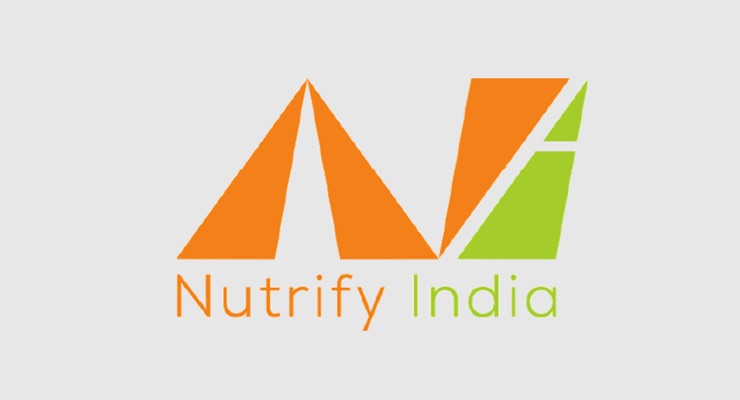Market Updates
Nutrify India Offers Venture Capital, Go-To-Market Strategies
Company focused on bridging the gap between nutrition innovators and large commercialization channels.

By: Sean Moloughney

Working with the government of India venture grants programs as well as providing venture capital for deserving start-ups and mid-sized nutraceutical companies, Nutrify India, based in Mumbai, India, is providing go-to-market strategies, and guidance on commercialization, as well as market access. Founded to focus on bridging the gap of connecting nutra innovators to large commercialization channels, Nutrify India is providing industry knowledge and financial opportunities.
“Since its inception in February 2020, we have successfully developed nutra innovations totaling over USD$8 million, making an average monthly commercialization value of USD$1 million,” said Amit Shrivastava, Nutrify India chief catalyst for responsible nutrition business, who thinks of himself as a key industry opinion leader in the field of responsible nutrition. “We took two Indian companies to the U.S., and also brought one U.S., and two Swiss companies to India with marketplace access.” Nutrify India is also helping several international companies enter India with regulatory clearances for their product launch.
Nutrify India assists innovators and start-ups through an initiative that helps develop quality products while serving an ecosystem including the market itself. The organization promotes evidence-based nutraceutical science to catalyze better and more efficacious health outcomes. “Nutrify India dreams of a healthier India by helping nutraceutical innovators reach their maximum potential,” said Shrivastava.
For example, we mentored Esperer Onco Nutrition in India, helped shape their product offerings, organized clinical trials, launched the company, assisted in raising funds, and are now taking them to key global markets.
In this heightened Nutra awareness market fueled by the pandemic, Nutrify India makes every effort to motivate and guide start-ups to focus on problem solving and not in following trends, as trend followers often fade away quickly.
“For instance, protein formulations are a fast-growing and large market in India. I would not spend time with start-ups who are heavily involved in hot demand categories with their me-too formulas,” said Shrivastava. “As an example, Esperer Onco Nutrition is focused on Indian gut specific cancer nutrition products to address cachexia. It is something different and the market landscape is not as competitive.”
Nutrify India also partners with nutraceutical companies wanting to expand into the U.S. “One key, and maybe most importantly is companies must realize they have to make
a huge marketing investment to build and promote their brand to be successful because success will not happen overnight,” Shrivastata said.
“I always guide nutra start-ups in India entering the U.S. to treat the market as modular. Perfect the business in one module and then go to next module and with this approach I have seen two success stories in one year. The concept of modular certainly nullifies the thought of overnight success. It should be a three-year focused plan to see a qualitative return.”
In India, according to Shrivastava, herb-based nutritional products have skyrocketed in its growth by 25% to 80% in some cases, and approximately one year from now, the growth is expected to stay stable at approximately 22% per annum.
“That is excellent number when compared to 12% growth pre-pandemic,” noted Shrivastava. “The market has been polarized from aspirational nutrition to preventive nutrition driven by fear. The categories that have seen maximum growth are immunity and weight management with reference to lifestyle diseases, diabetes care, as well as age-related nutrition, mostly centered around systemic needs like antioxidants and gut health.”
“I am seeking to deliver 20 successful responsible nutrition business start-ups in 2021,” said Shrivastava. “While building capacity in what I call high-tech nutraceuticals, I envision India becoming the nutraceutical hub of the world.”


